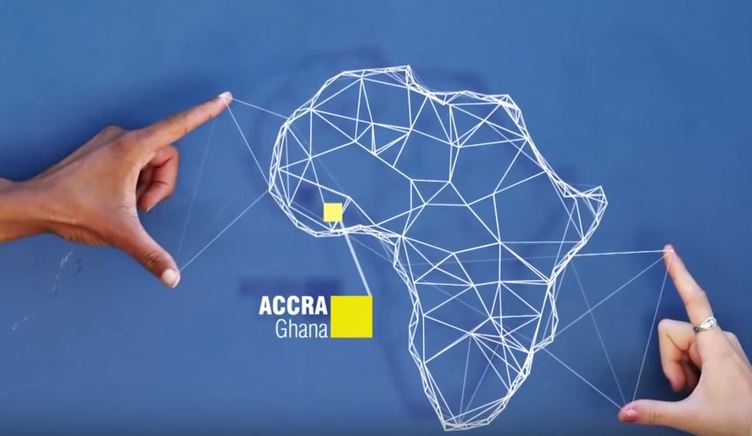
Mr Mahama Ayariga, Minister of Environment, Science, Technology and Innovation (MESTI) said Ghana is losing at the minimum of 2.7 million square metres of its shoreline annually.
He said this occurs alongside the destruction of the country’s coastal infrastructure and constitute the colossal loss to the country’s heritage.
Mr Ayariga made this known at a ceremony to mark the World Oceans Day in Accra.
The United Nations General Assembly by its resolution 63/111 of December 5, 2008, designated June 8 as the World Ocean Day (WOD) to celebrate the world shared oceans and our personal connection to the sea.
It is also intended to raise awareness about the crucial role the oceans play in our lives and the important ways people can help to protect it.
Ghana in accordance with the Abidjan Convention, is hosting this year’s World Ocean Day for West and Central Africa in collaboration with the West Africa Biodiversity and Climate Change (WABiCC) and other regional partners.
The global theme for the celebration is: “Healthy Oceans, Healthy Planet” while the local theme is: “Healthy Seas, Healthy People.”
He said dumping of marine litter, either directly or from urban drainage has become of the most disturbing afflictions of the oceans alongside acidification and Climate Change.
Mr Ayariga said a report in 2015 suggests that 4.8 to 12.7 metric tons of plastic waste generated enter the sea annually and that fishermen spend great time and resources to trawl and overwhelmingly gets plastics.
He said studies indicate that 80 per cent of marine debris including plastics was generated from land through the reckless disposal into drains and water courses.
The MESTI Minister who is also the Member of Parliament for Bawku Central said Government recognises the immense role of regional cooperation within the context of the large Marine Ecosystem Projects in catalyzing regional capacity for sustainable and integrated governance of the Guinea Current Large Marine Ecosystem Region.
He said Government has observed the developments on the country marine and coastal environment with extreme concern and strongly believe that it is possible to stem the degradation.
This would help restore the environment to its original state of resilience and capacity to provide Ecosystem goods and services needed for the country’s development.
Mr Ayariga said the MESTI is convinced that this could only be achieved by systematic planning and coordinated investment actions to address priority resource management problems that have compromised the environment and held back development.
He said the Environmental Protection Agency, is working on regulations to effectively control pollution and degradation of marine and coastal habitat.
Mr Abou Bamba, Executive Secretary of the Abidjan Convention noted that oceans are not only places for conversation but also for agricultural development.
He said it is time to unlock the economic benefits of the oceans as too much time has been spent on its protection.
Mr Bamba said Ghana and Cote d I’ Voire has signed an agreement to collaborate in the sustainability and management of the marine and coastal resources for the benefit of the two countries and urged other countries to emulate their example.
Dr Denis Aheto, University of Cape Coast Institutional Strengthening Project, a Chief of Party said marine and coastal resources contribute significantly to Ghana’s Gross Domestic Product.
He said capacity building is one of the major problem that has hinders the sustainability and management of the coastal resource and called on institutions to build the capacity of their staff to better manage the resources.
Mr Daniel Amlalo, Executive Director of the EPA in a speech read on his behalf expressed gratitude to the Abidjan Convention and called on stakeholders in the marine industry to ensure a protection of the oceans.
Representatives from the Ministry of Fisheries and Aquaculture Development, Ministry of Transport, the United States Agency for International Development (USAID), West Africa Biodiversity and Climate Change Programme and the USAID-Ghana Sustainable Fisheries Management Programme participated in the event. – GNA
